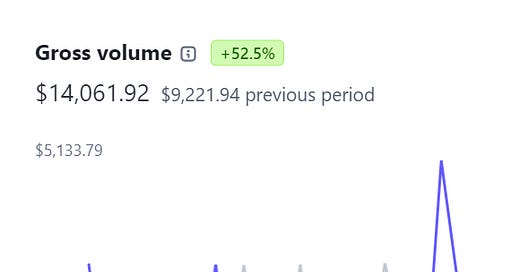
There’s a common misconception that entrepreneurship requires ungodly amounts of hard work. The truth is, work has a diminishing return. Once you hit a certain threshold, your brain breaks down. You can no longer sustain meaningful focus or concentration.
It’s safe to assume that successful entrepreneurs work more than regular employees, but it’s not accurate to think that the work is what makes entrepreneurship so difficult.
It’s not the working, it’s the thinking.
I remember in 8th grade, Mr. Weidman (my psychology teacher) showed us a study about this fascinating tribe that still lives in the African Serengeti.
These tribes people were amazing. There was a video of them cutting up a dead giraffe that they killed with sharpened rocks. They were butchering this giraffe with amazing skill. The way the cut the meat was beautiful. I know it sounds weird, but it was truly as sight to behold. (Clearly, since I still remember it from 8th grade).
Anyway, the reason Mr. Weidman showed the class this video was because the psychologists recording the video were studying leisure.
These tribes people didn’t do much. They were in sync with the natural rhythm of their endocrine and metabolic systems.
When they hunted, they did so by marching and walking. There was very little “sprinting” involved. When the time came for them to bounce on their prey and make the kill, the sprinted and burned more of their calories during that 5 minutes than they did for most of the hunt.
The management of caloric intake and burn was a huge aspect of their lives. They rationed their calories appropriately, both by literal rationing of resources, but also by rationing their movements.
When they weren’t hunting, they were simply … lounging around.
They sat. Told stories. They stared off into space.
And you know what else was fascinating about them?
They had zero psychological disorders.
No anxiety. No schizophrenia. No bi-polar disorder. No chronic stress at all.
The psychologists performing the study and recording the videos determined that the reason the tribes people were so emotionally and mentally healthy was because of their lack of choices. They didn’t have a lot of options. Their lives were, in many ways, predetermined.
The stress they felt was the way human beings are supposed to feel stress. Cortisol is supposed to heighten your senses and adrenaline quite literally makes you stronger. These are temporary solutions to immediate danger. Cortisol is meant to protect you from a threat.
For the tribes people, after a perceived threat disappears, the stress levels quickly return back to normal.
I think about this study a lot. I think about the burden of choice, and the endless options we have as a society.
The question that always pops into my head is “what do you do when you can do anything?”
In most cases, people freeze. They over analyze and their cortisol levels shoot up. But cortisol isn’t designed to help you decide which marketing campaign to chose or which investment to make. Those choices don’t have any certainty of outcome, which is why these are the choices that keep us up at night.
There is simply no way to know if you made the right call or not. You are always left with the alternative future of what could have been.
To make matters worse, social media and modern society has hijacked our stress systems to make us believe there are constant threats. Society is safer now than it has ever been, but our brains don’t know that.
Our brains perceive threats all around us, all the time, from every direction. When there is always a choice to be made, then there is always a stress to be felt.
We do not simply lay in the shade anymore.
Any real entrepreneur will tell you that the hard work is actually a feature, not a bug. An entrepreneur can only be as such if the work feels like play, because who would ever work 60 hours a week towards an uncertain future filled with doubt, setbacks, loses, and heartbreak while simultaneously doing something they don’t like doing?
The math doesn’t add up. It’s not a reasonable trade off.
By nature, real entrepreneurs would be this way because they enjoy it.
My hunch tells me that real entrepreneurs could do without the constant thinking. We could do without the paranoia and the feeling that disaster is peeking behind every corner.
The thinking is by far the hardest part.







